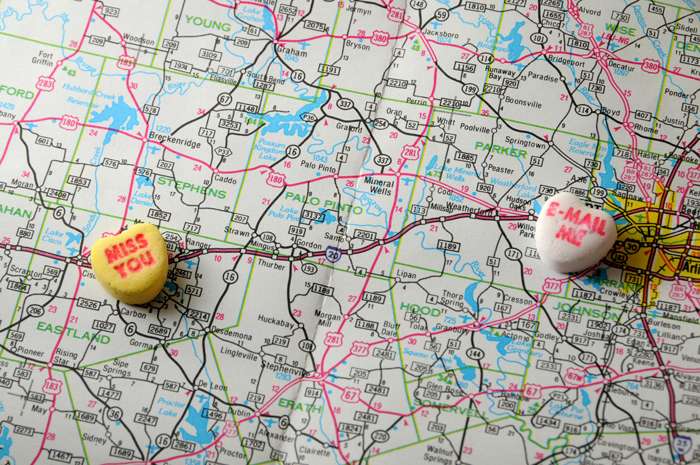The Jedi mind tricks of raising teens, part 3
/Back in 2014 I wrote a couple of posts that I (admittedly pretty ambitiously) called the Jedi mind tricks of raising teens. Unlike the Jedi mind tricks in Star Wars, these tips are not about tactics to get the behavior that you want from the teenagers in your midst but instead ways of changing your own mindset so that you look at them differently and maybe understand them from a different angle, especially in tough times.
To review, here are the previous tricks (the full descriptions are posted here and here):
- Time travel forward to the week they are leaving home.
- Time travel further forward to watching them parent your grandkids.
- Time travel back to when your teen was 2, 3, 7, etc.
- Time travel further back to when you were their age.
- Adjust your expectations or reframe your role ("oh, I'm my child's external hard drive!").
- Think of yourself as a curious anthropologist.
For your consideration, here's another Jedi mind trick to add to your quiver (which is probably not where Jedis keep their mind tricks. Hmmm, I sense that the metaphor is falling apart...) ANYWAY.
I was thinking of the coming-of-age novels I love and how we consistently cheer for the protagonist, no matter how many immature, stupid, hubris-y decisions they make. I wondered what my own kids' coming of age novel would be like, which led me to the next Jedi mind trick of parenting: Imagine that your teen is a character in a book, a character that you're cheering for, a character who's sympathetic, charming, spunky but flawed. Compassion.
More to the point, if you are the parent to the protagonist, how would you want to be written? I would love to take a cue from Atticus Finch (To Kill a Mockingbird), Mrs. Weasley (Harry Potter), Kate Murry (A Wrinkle in Time), Marmee (Little Women), Ma & Pa Ingalls (Little House books) and the Cuthberts (Anne of Green Gables). I think their common characteristic is that they seem to know the hearts of their flawed protagonist children--they understand their kids' sometimes outrageous flailing is essentially a feature of good kids figuring out life.
I mean....who wouldn't want to be looked at with this kind of benevolent amusement/compassion?
Okay, what's your favorite coming of age novel? Which fictional parents are missing from the list here?

























